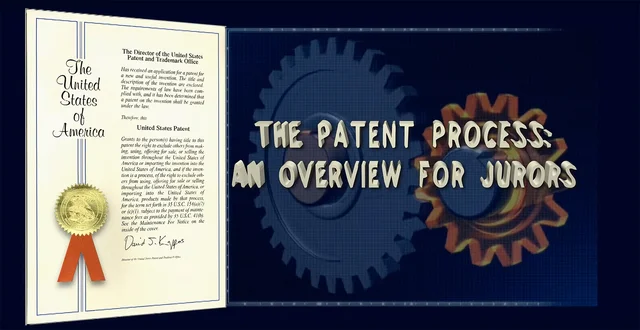
We missed an interesting decision from Judge Fallon last month. In Marquinez et al v. Dole Food Company Inc., C.A. No. 12-695-RGA-SRF, D.I. 582 (D. Del. Apr. 24, 2025), Judge Fallon rejected an attempt to "recycle" an expert opinion from a prior, related action.
Apparently the plaintiff had previously retained the experts, and attempted to re-use their prior expert opinions, by admitting the transcript of their prior testimony:
The Hendler Declaration confirms that both witnesses were formally retained as expert witnesses in a prior litigation, they served expert reports in the prior litigation, and both were asked but declined to serve as retained expert witnesses in this case. (D.I. 580 at ¶¶ 9-13) Plaintiffs …







